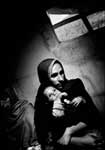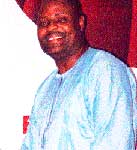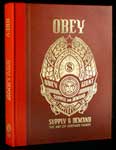From PDN:
Getty Images photographer Spencer Platt says photographers in Beirut have been scrambling to the scene of explosions whenever they hear them, but doing so isn’t easy because Hezbollah is keeping photographers at arms length. “They’re very suspicious of our motives,” he says, explaining that they suspect there are Israeli spies among the Western journalists. Moreover, Platt says, Israeli aircraft are targeting cars in some places, so if you go on certain roads, “There’s a high probability that you’ll be attacked.”
Here.
























